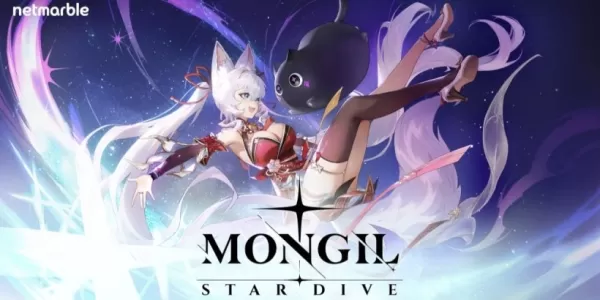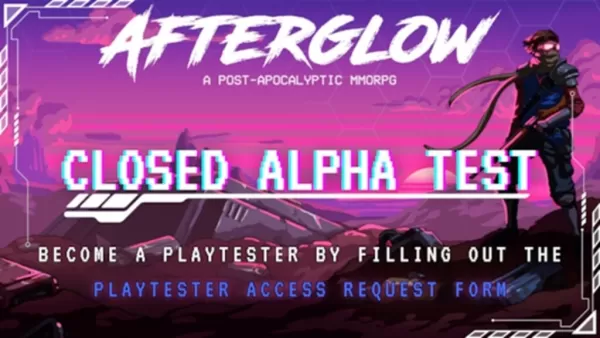The Doom series has long been intertwined with the pulsating rhythms of metal music. A mere snippet of its iconic soundtracks or a glimpse at its signature demonic imagery instantly evokes the essence of metal. The game's aesthetic, brimming with flames, skulls, and infernal beings, mirrors the theatrical flair of an Iron Maiden concert. As Doom has evolved over its 30-year history, its connection to metal music has grown, with both the gameplay and the soundtrack continuously reinventing themselves. From its thrash metal roots in the early '90s, Doom has ventured through various metal sub-genres, culminating in the modern metalcore intensity of Doom: The Dark Ages.
When Doom first burst onto the scene in 1993, its soundtrack was heavily influenced by the thrash metal giants of the late '80s and early '90s. John Romero, one of Doom's co-creators, has openly acknowledged the impact of bands like Pantera and Alice in Chains. This influence is palpable in tracks like "Untitled," used for the E3M1: Hell Keep level, which echoes Pantera's "Mouth of War" riff. The broader Doom soundtrack captures the essence of thrash, reminiscent of Metallica and Anthrax, propelling players through Mars' corridors with a sense of urgency and intensity akin to Romero's groundbreaking gameplay. Composer Bobby Prince's timeless score perfectly complements the game's relentless gunplay.
Doom: The Dark Ages - Gameplay Screenshots
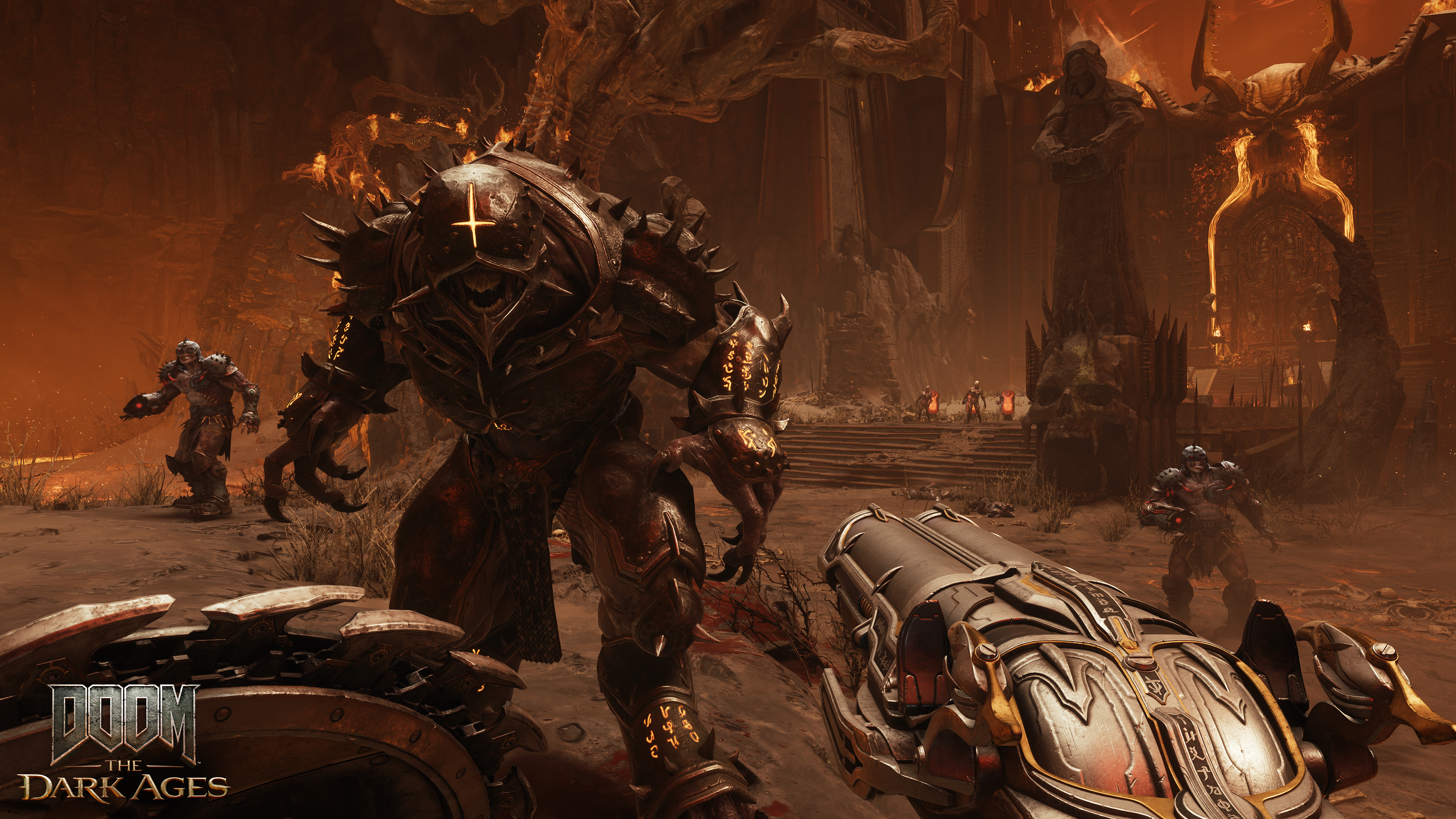
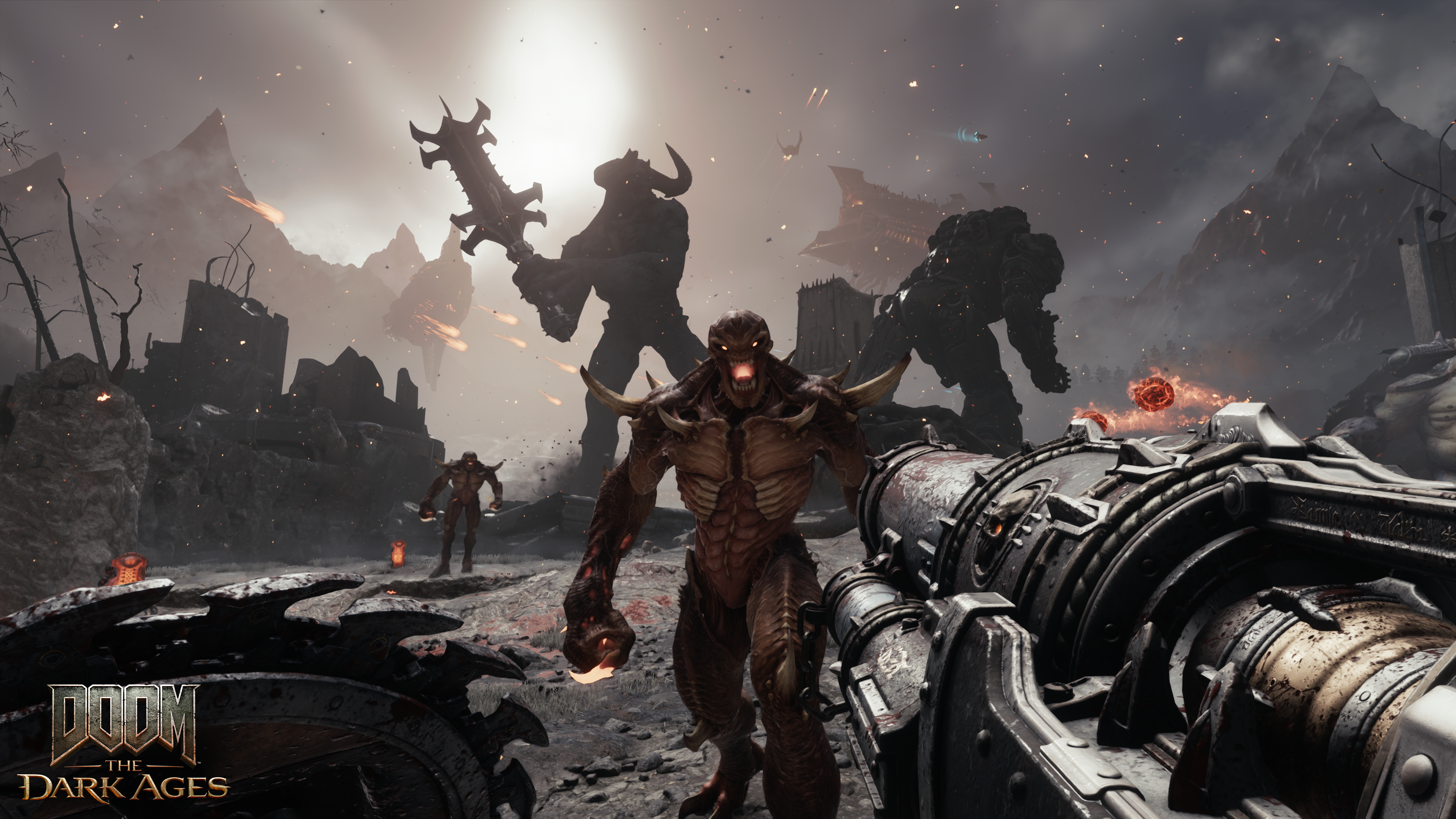 6 Images
6 Images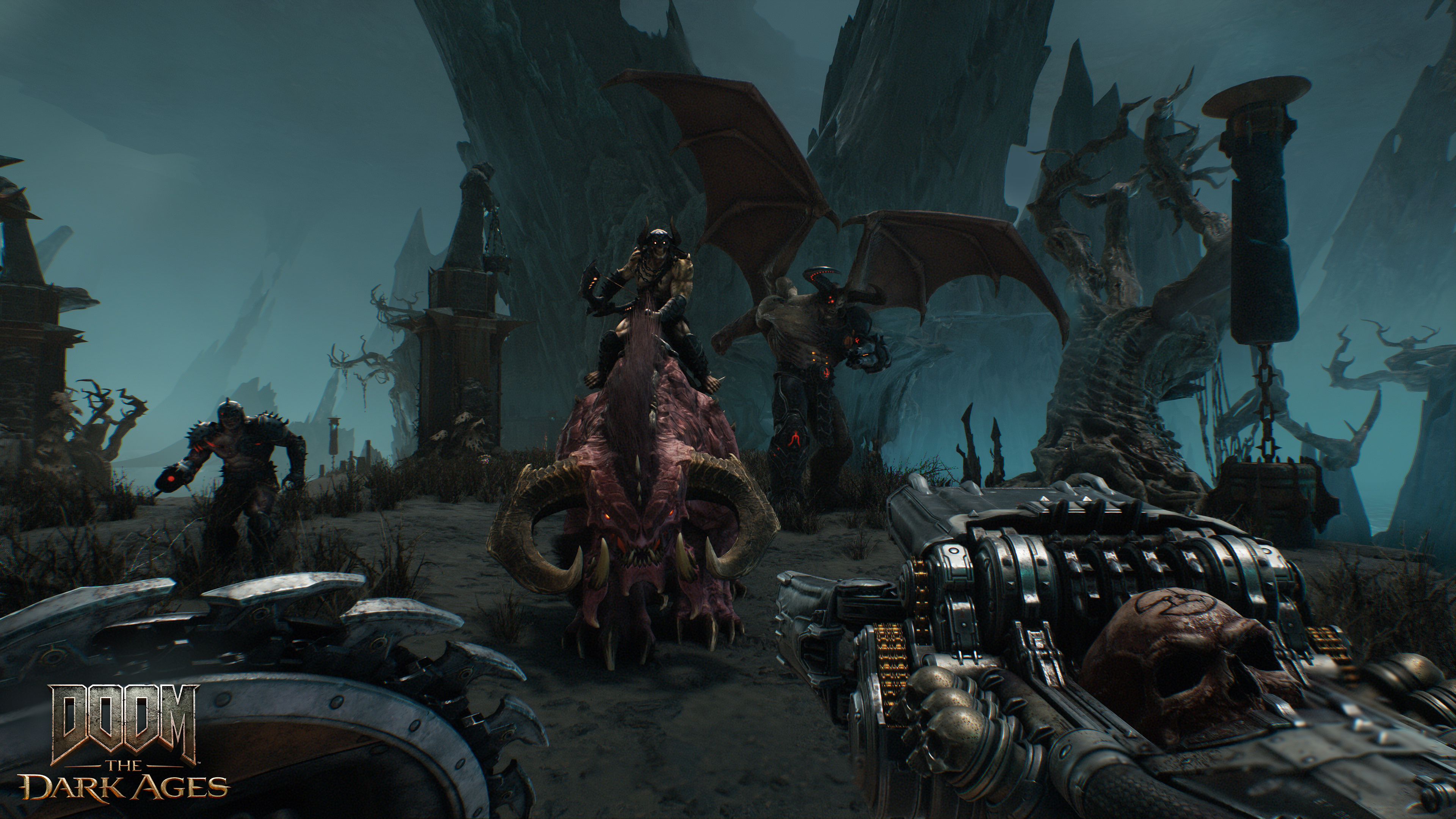
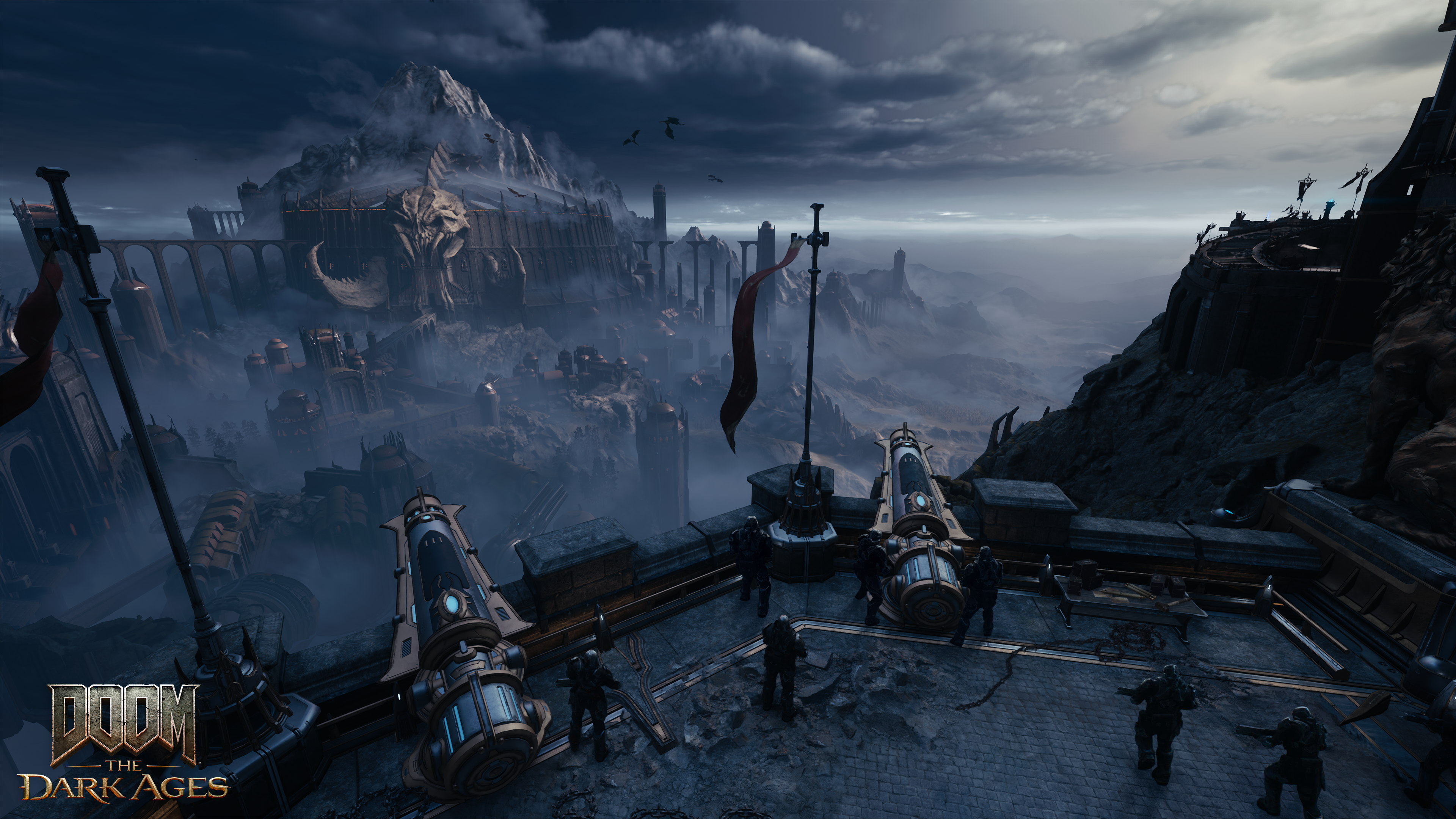
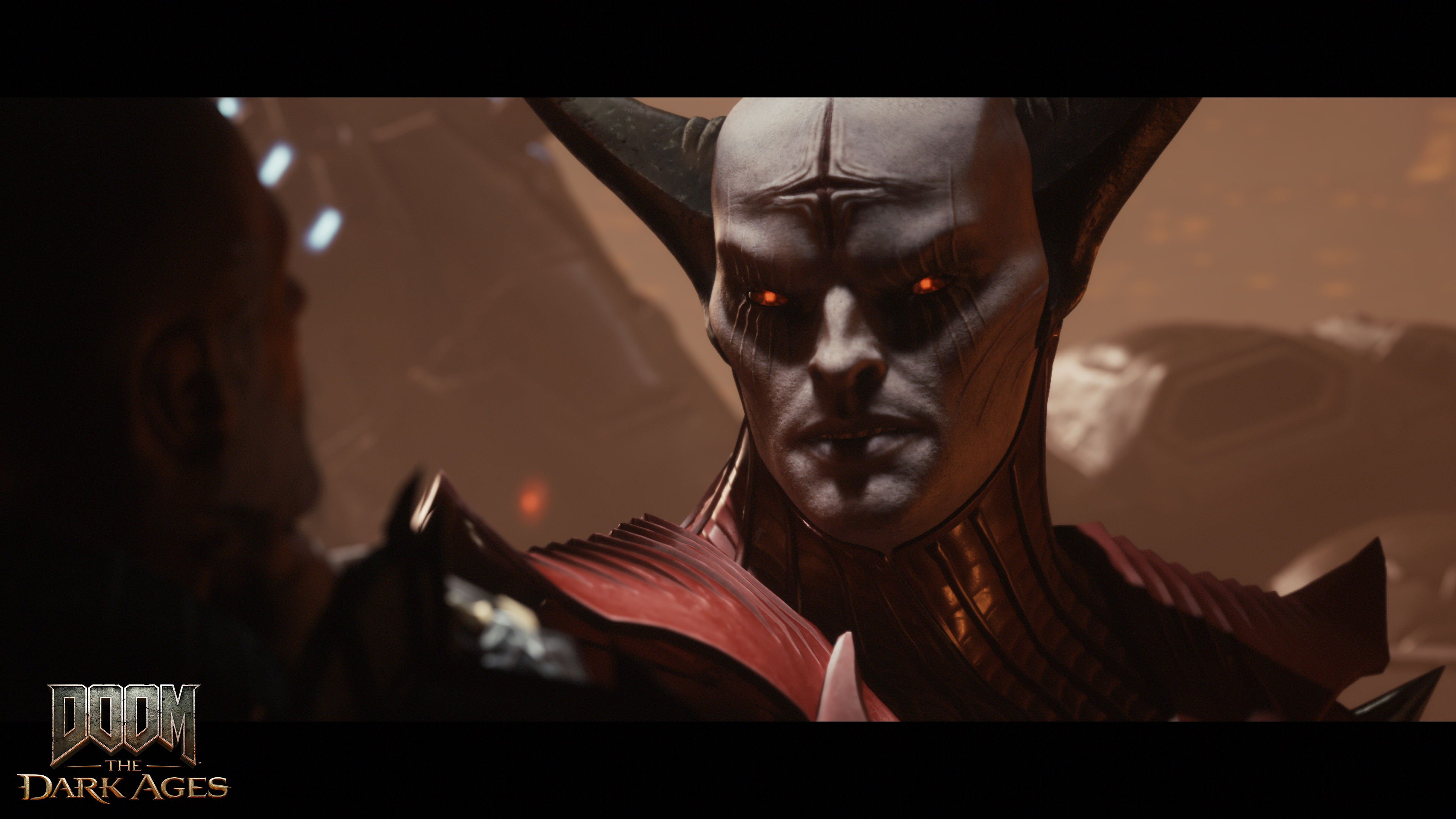
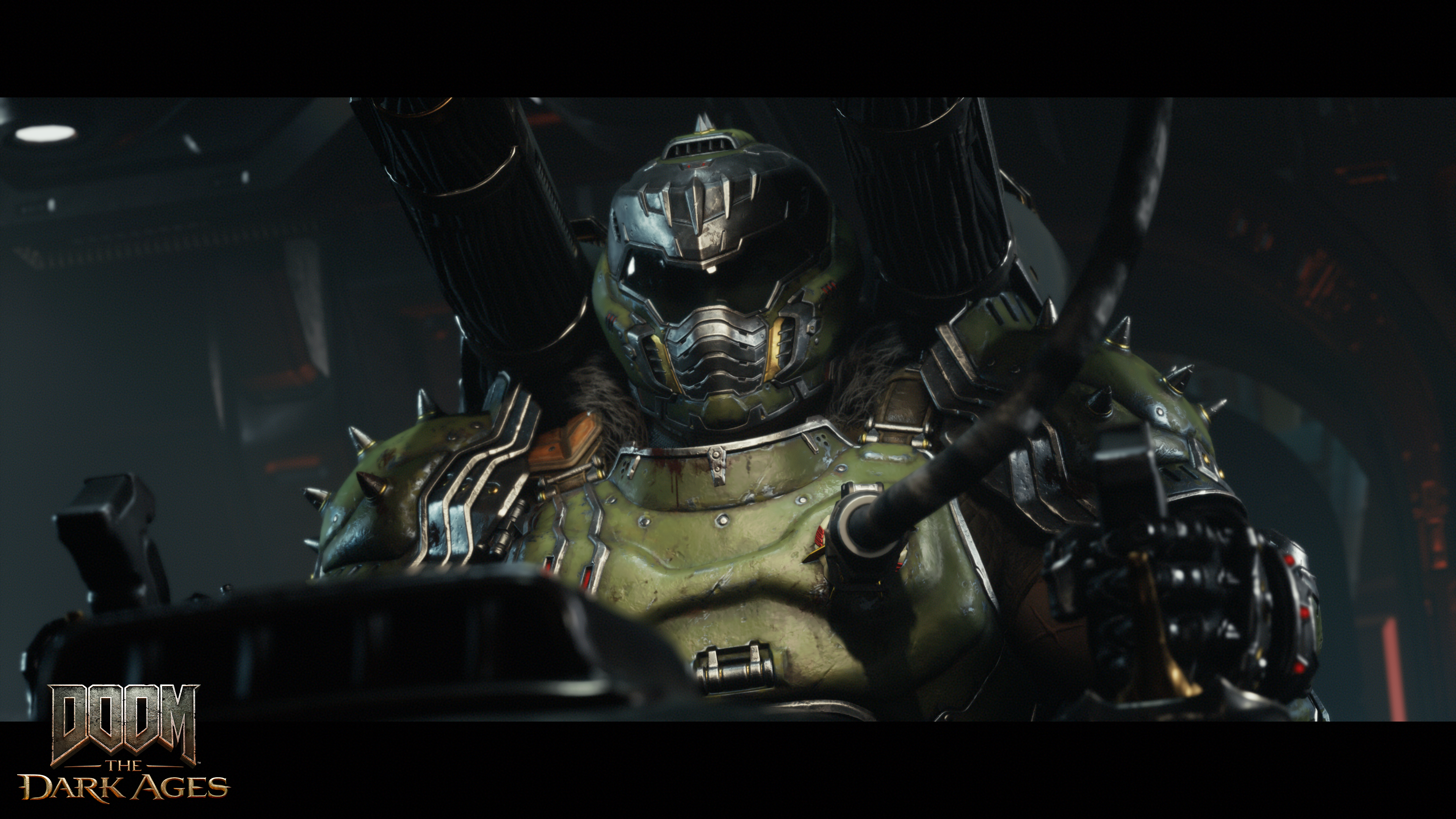
For over a decade, Doom's music and gameplay remained closely aligned, with the tempo of its bullets matching the speed of its shredding soundtrack. However, in 2004, Doom 3 took a bold step into survival horror territory, introducing new gameplay mechanics and a slower, more deliberate pace. This shift necessitated a new musical direction, drawing inspiration from bands like Tool. Doom 3's main theme could easily fit on Tool's "Lateralus" album, with its complex time signatures and eerie soundscape perfectly suiting the game's horror-infused atmosphere. Although initially controversial, Doom 3's experimental approach, including its unique soundtrack, marked a significant departure from the series' traditional style.
Following a long hiatus, Doom returned in 2016 with a complete overhaul, embracing the frenetic energy of its 1993 predecessor. Under the direction of Marty Stratton and Hugo Martin, Doom 2016's soundtrack, crafted by Mick Gordon, resonated with the djent subgenre's progressive and rhythmically intense style. The score's sub-bass frequencies and white noise created a visceral, heart-pounding experience, complementing the game's fast-paced action. Doom 2016's soundtrack has been hailed as one of the most iconic in gaming, setting a high bar for its sequel.
Doom Eternal, released in 2020, saw Gordon return, but the soundtrack's creation was fraught with complications, resulting in a mix of his work and others'. The score leaned further into the metalcore genre, reflecting the prevailing metal trends of the late 2010s and early 2020s. Gordon's influence is evident, with the soundtrack featuring evolved versions of his earlier work, alongside elements reminiscent of bands like Bring Me the Horizon and Architects. Doom Eternal's music, while still heavy, introduces lighter moments that mirror the game's new platforming and puzzle elements.
Now, Doom: The Dark Ages promises to continue this legacy of evolution. Showcased in the recent Xbox Developer Direct, the game introduces new combat mechanics, suggesting a need for a soundtrack that can match its intensity and versatility. The new composers, Finishing Move, seem to be drawing from a wide range of metal influences, blending the raw energy of bands like Knocked Loose with the classic thrash sounds of the original Doom. The Dark Ages' gameplay, featuring slower-paced combat and larger-than-life elements like mechs and dragons, demands a soundtrack that can be both heavy and agile.
As Doom: The Dark Ages continues to develop, it's clear that id Software is building on the series' rich history while exploring new territory. The inclusion of mythological creatures and giant mechs reflects the game's willingness to innovate, much like the modern metal scene's embrace of diverse influences. With Doom: The Dark Ages, fans can look forward to a thrilling blend of classic Doom elements and fresh innovations, underscored by a soundtrack that promises to be both a nod to the past and a leap into the future.


